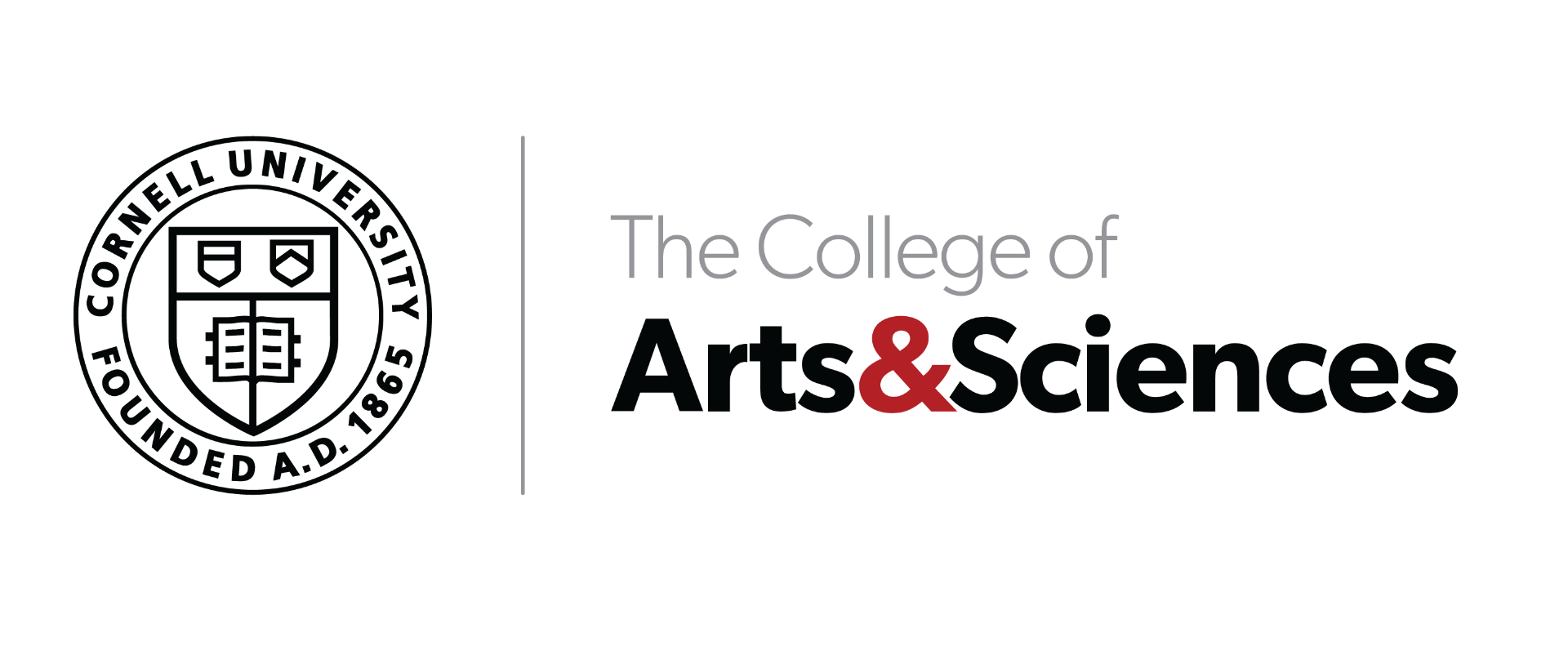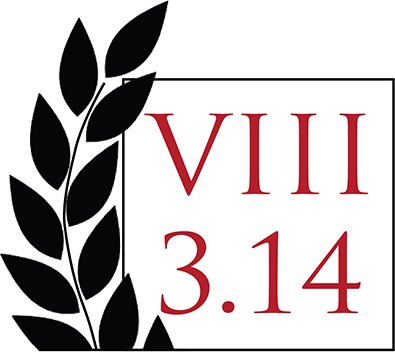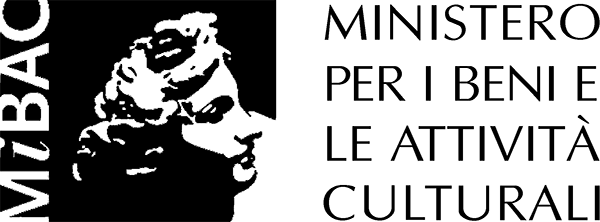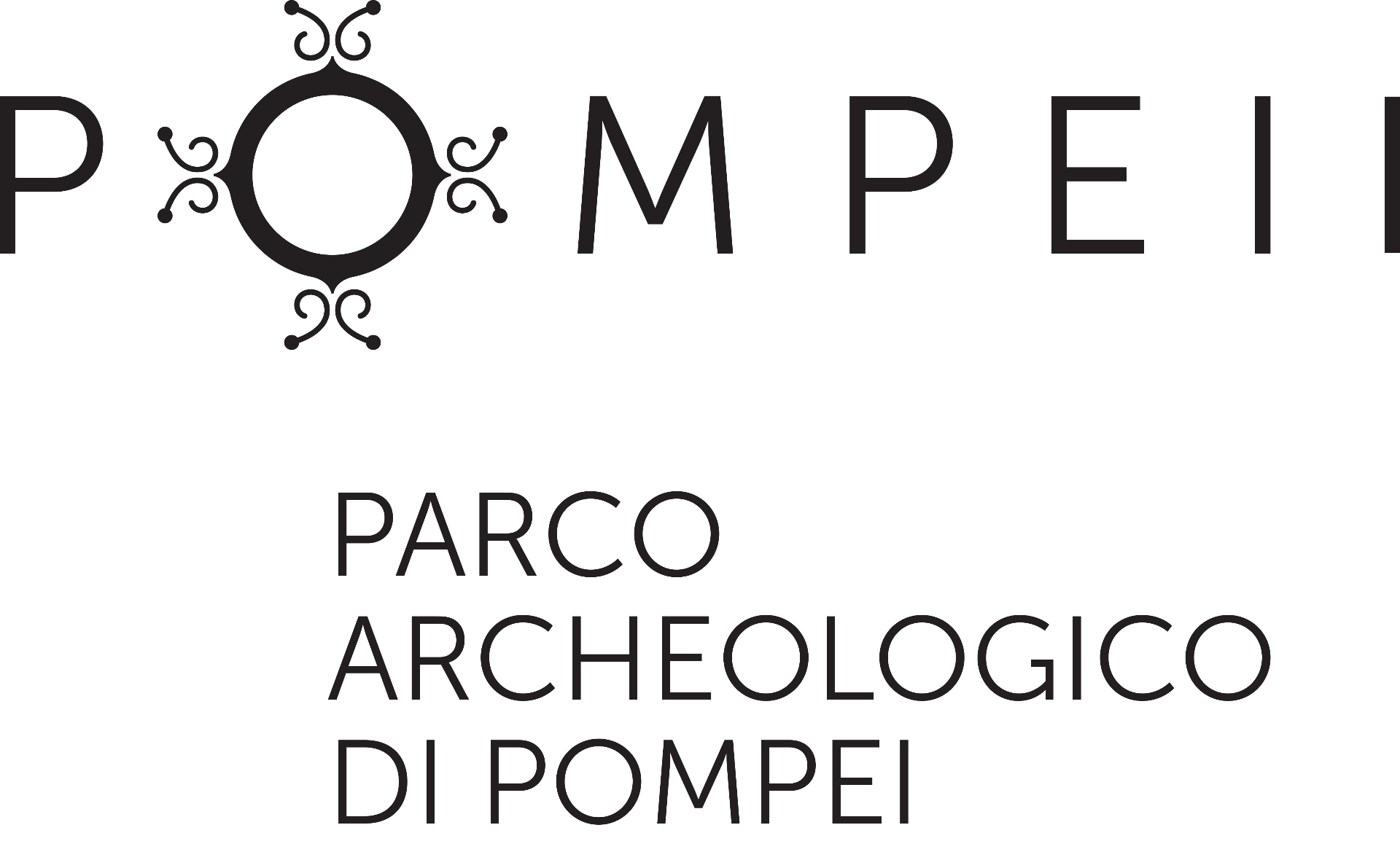Kaja Tally-Schumacher (Cornell PhD 2020; visiting scholar at the Cornell Institute for Archaeology and Material Studies) is the Assistant Project Director for the CRC Project. Here she offers some suggestions for young scholars navigating the process of applying for competitive opportunities – whether grants, fellowships, or positions on excavation projects!
The pandemic has had serious consequences on the development of young scholars, such as reduced professional opportunities/cancelled excavation seasons. To try to counteract the challenges caused by lost excavation/research seasons and lost professional development opportunities, we’ve created some recommendations that may strengthen your professional documents and will hopefully assist you in your future careers and livelihoods (although of course it’s always best to follow recommendations from your own advisors/committee members! 😊).
- Take a look at the attached Action Verb pdf, and while your most recent summer’s fieldwork is still fresh in your mind, identify all the verbs on the pdf that describe something you did this summer. Then jot down phrases/sentences using those verbs to describe your summer accomplishments—this can act as a cheat sheet for future professional/academic documents. You’ll likely be surprised at just how many of these powerful verbs you’ll be able to use to describe your summer accomplishments! Professional Action Verbs
- If applying for fellowships, grants, or various programs, ask if you can submit an extra recommendation letter. This may counter any professional or academic limitations caused by the pandemic.
- The attached CV and Cover Letter guide (produced by the Office of Career Services at Harvard) offers helpful examples of how to structure these types of documents for American institutions. For a CV, it’s especially helpful to arrange the topics in the order most relevant for that position. For example, if applying for a dig, you’d want to put your excavation experience on the first page because the selecting committee will want to find the relevant information quickly. Harvard cover letter guide
- For those applying for the first time for a dig, you may want to include some of the following sections in place of excavation experience:
- Relevant Courses: this will allow your readers to find the info more quickly than scanning through your whole transcript
- Collaborative/Team Experience: possible items to list here could be sports teams, clubs, jobs where you’ve worked with colleagues, even group/team assignments, to name just a few examples
- Languages: these could be ones you’re currently studying or have studied in the past
- Computer Programs: many different types of programs are used to document archaeological work; it’s possible you already have useful and important skills, so it’s a good idea to list all programs you have experience with
- Advice from a grant writing workshop: when drafting proposals for grants/fellowships/job applications, try to “be kind to your reader,” i.e., clarity is often better than artful and complex. A reader might only give each of your documents 30-60 seconds because modern life is complicated and hectic, and they have many professional and personal responsibilities. Your reader may be overworked, or in the middle of moving, or having relationship/family issues. There’s no way to predict what level of stress your reader might be under, so it’s good practice to make it easy for them to find the important points about you in your documents.
- Sharing documents with peers can be incredibly helpful, both with colleagues at your home institutions and with excavation colleagues. It might be especially helpful to create a peer reader group with your dig colleagues from CRC or other digs, as they’re less likely to be familiar with your professional documents and can bring fresher eyes. Importantly, because we’re each shaped by our home institutions, a reader from a different program/university may see different strengths and potential areas of improvement than someone from your own program.
- For those applying for the first time for a dig, you may want to include some of the following sections in place of excavation experience:





